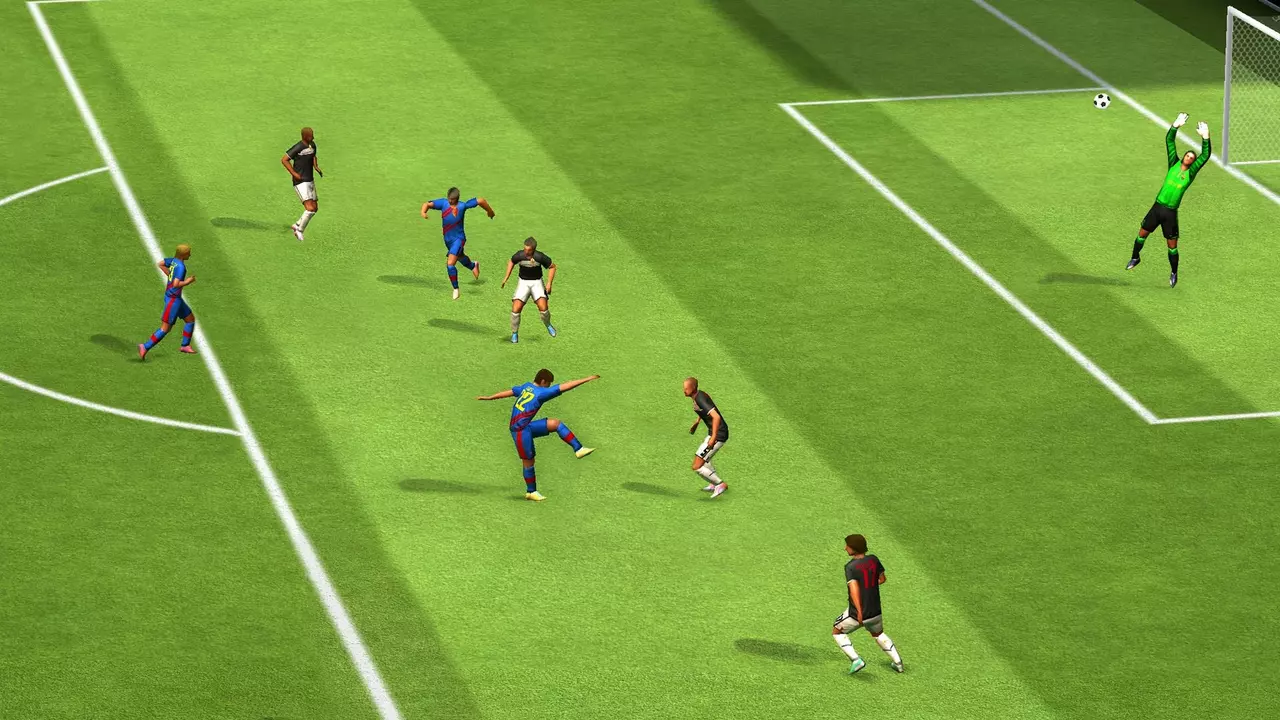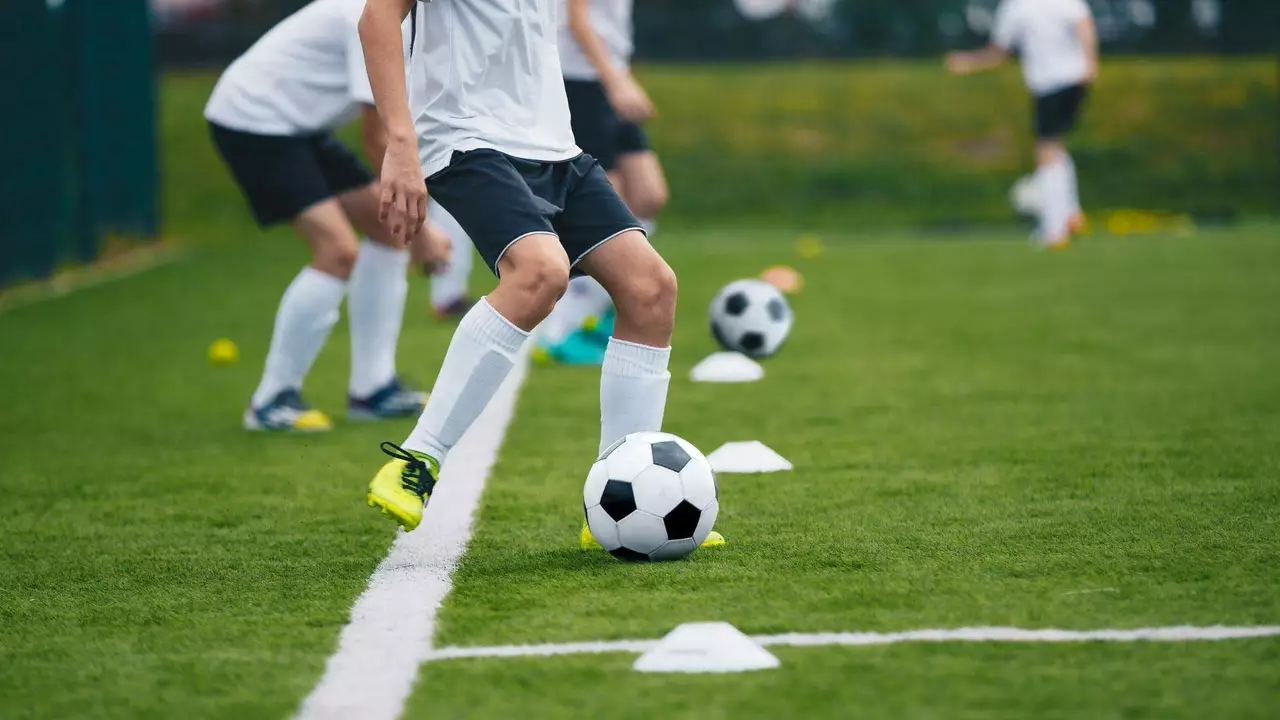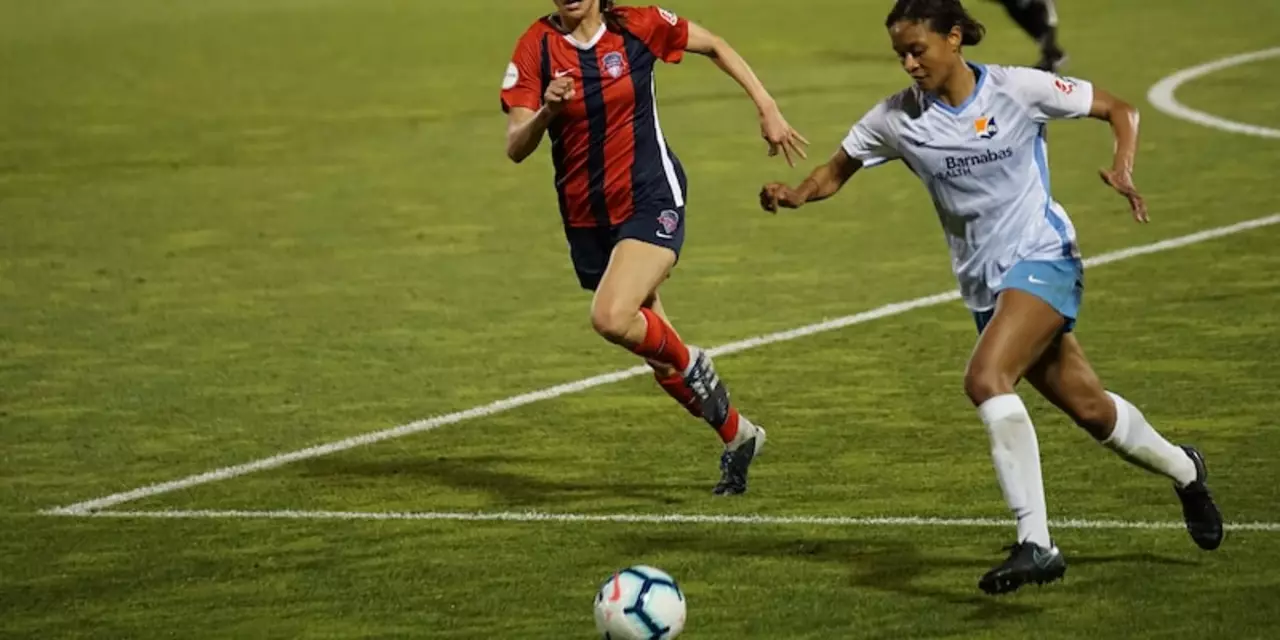Soccer: Tips, News, and How‑to Guides
Soccer is the world’s favorite sport, and whether you’re chasing a ball in the park or dreaming of the next big league, you need solid info to get better. Here at Soccer IQ Academy we pack the latest news, quick how‑tos, and advice that you can actually use on the pitch.
How to Join a Soccer Team
First thing – you need to be visible. Look up local clubs, school teams, or community leagues online and write down the ones that match your skill level. Next, train a bit every day: dribbling, passing, and shooting. When a try‑out is announced, show up early, bring water, and be ready to demonstrate your best moves. Coaches notice effort as much as talent, so stay positive even if you miss a chance.
After the try‑out, follow up with a quick thank‑you email or message. It shows professionalism and can keep you on the coach’s radar for future spots. If you don’t make the cut, ask for feedback – it’s the fastest way to improve. Keep training, stay in touch, and when the next opening comes, you’ll be ready.
Choosing the Right Gear and Sizes
The right ball makes a huge difference. Standard soccer balls come in five sizes, but most adults use Size 5 (about 22 cm diameter). Kids under 8 usually play with Size 3, while teens and younger adults often use Size 4. Knowing the size you need prevents mishits and helps you develop proper technique.
Footwear matters too. Soccer cleats give the traction you need on grass, but they’re not ideal for softball or other sports. If you’re playing on a hard surface, look for turf shoes instead. And don’t forget ankle support – a good pair of cleats will protect you from twists while letting you move fast.
Beyond balls and shoes, a comfortable shin guard, breathable jersey, and a well‑fitted short are basics that keep you safe and focused. You don’t need the most expensive gear; just make sure everything fits and feels right.
Staying updated on soccer news helps you learn from the pros. Recent stories like Bayern Munich hiring Vincent Kompany as manager show how former players transition to leadership roles. Seeing big moves can inspire your own career path, whether you aim to coach, play abroad, or simply enjoy the game more.
Finally, remember that soccer is as much about mindset as skill. Set small, reachable goals – like improving your weak foot or staying on the ball for longer stretches. Track progress, celebrate wins, and keep the fun alive. When you combine solid practice, the right gear, and a bit of soccer news buzz, you’ll see real growth on the field.
Ready to level up? Browse our other posts for deep dives on ball sizes, cleat choices, and team‑joining strategies. Stay curious, stay active, and most of all, enjoy every kick.



